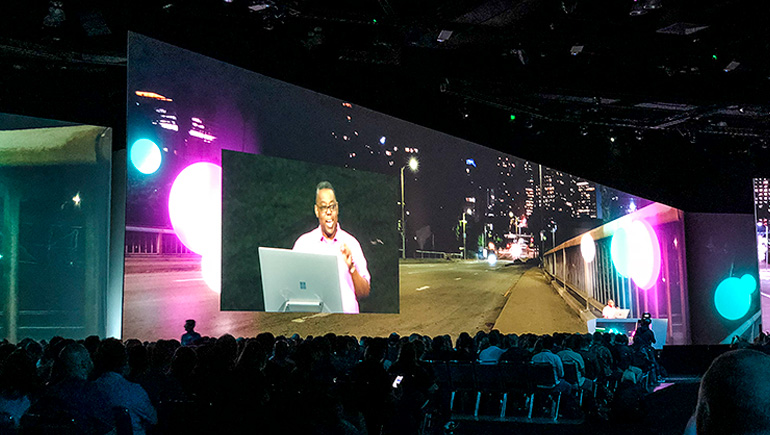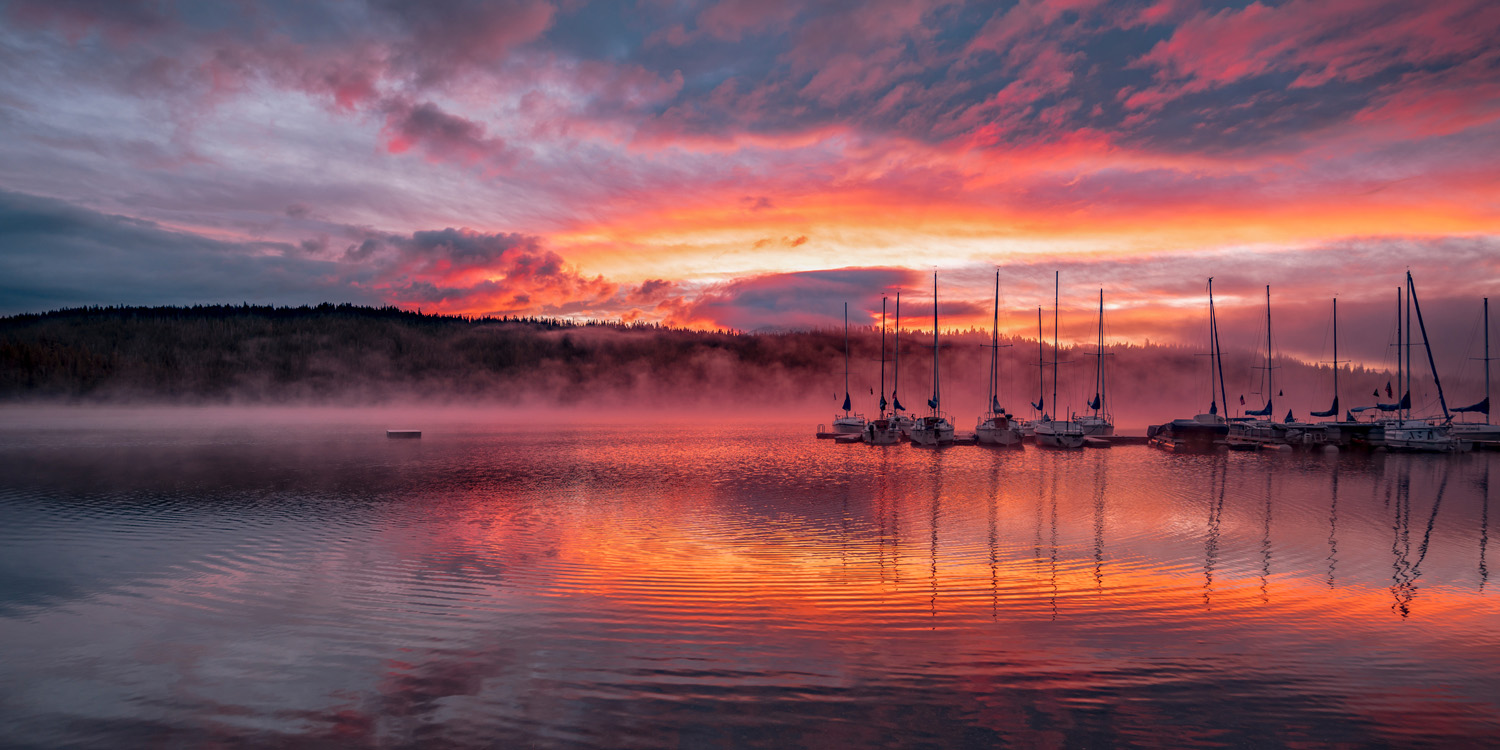Hello, and a warm and glorious #TravelTuesday to you all! I’m Dave Williams, I’m here every Tuesday, and today I have some notices for you to begin:
My new class is out on KelbyOne! If you want to create a cinematic look for your drone photography, go check it out right here!
I’m delivering a Photoshop Masterclass on November 14th in Hatfield, UK. Bag your ticket right here.
And, I’m hosting a webinar all about travel photography with the Facebook group, Photography and Photoshop this Saturday. Full details are here.
Finally, being unable to run a Photowalk this year for Scott’s WWPW, I’m teaming up with my brother from another mother, Peter Treadway, to run a walk in London on November 18th. There are prizes on offer from KelbyOne, Platypod, and BlackRapid. Full details are here.
Now, on with the show! The title here is “Photo Police” because, recently, I had an experience with Peter whereby we were chased down. I still get a little emotional, to be honest, so bear with me while I recall this traumatic experience.
We were in Gatwick Airport in the UK and Peter was making a video. He had his DSLR attached with a Joby Gorillapod to the top handle of his roller case and was basically just shooting our journey through the airport, which he would then speed up in post and use as B-roll footage to a wider, much more epic video. Whilst we were walking through the duty-free shop, we heard a very nervous “excuse me” coming from behind us, but proceeded on our route and thought nothing of it. The “excuse me” became louder and louder, and nobody else was stopping to react, so perhaps it was intended for us. I say us; I mean Peter.
We both turned and saw that, indeed, the “excuse me” had been intended for us and it was coming from a whole medley of staff wearing different uniforms, one of whom was a manager and another was security. We were told that we weren’t allowed to film in this area, so being the polite and understanding chaps that we are, we agreed to stop immediately without question. But, what happened next was strange—we were asked to delete the footage. We both took a brief glance at each other and in sync, we shook our heads and said, “No.” I explained that, albeit we were on private property, an airport here in the UK is treated as a public place owing to its right of access, and there were no signs visible as a condition of entry, stating that we were not allowed to take photographs or make video. After all, there are hundreds of people taking selfies and making videos in the airport all day, every day, and we weren’t making the video for anything other than personal use.
Wanting to avoid confrontation, we started to walk away but were told, again, to delete the footage. Once again we refused, but this time we were told that they were going to get the police involved. Both of us clearly thinking, “yeah, sure” we walked away again, but this time committed. You’ll never guess what happened next…
So, we were in Starbucks, where I was fuelling up and getting my caffeine fix, when out of nowhere two officers approached us, asked us about our video, and to whom we gave a detailed and frank explanation. The two of them had no problem whatsoever with the explanation we gave, were quite understanding, and tried to spin the reason for stopping us from a public safety point of view. I mean, I understand that there are, of course, safety implications, but realistically they wouldn’t come from the two of us quite overtly filming with a big rig whilst each hauling what was clearly camera bags.
The point is this: the “Photo Police” is a thing, and we see it all too often with tripods, so where do we draw the line? At what point does a sign expressing that no drones are to be used, for example, become enforceable? At what point does it need to be obeyed, and at what point does it need to be merely considered. Recently, in Halstatt, Austria, there were “no drone” signs all over the place, but upon checking the airspace in the area, it was clear that these signs were effectively meaningless and they had just been put up by the locals. Similarly, the manager in that duty-free store simply didn’t like the fact that we were filming—it wasn’t anything other than that. He didn’t have a firm understanding on what his position was, nor on what our rights were, not only as photographers but as “members of society” when he insisted we delete the footage, and subsequently got the police involved in his incorrect actions.
I guess it’s all something we need to accept as photographers, and to that end, it’s important that if other people don’t understand the rules then we need to make sure we do. We need to know the laws, rules, and regulations for where we live and wherever we’re visiting so that we can properly and effectively deal with these kinds of situations.
And, in that endeavour, I wish you luck!
Much love
Dave






I feel you should add a little word of caution here. There have been quite a few times in my shooting that I have been asked to not take pictures, and for the most part I have complied, unless it is my home country and I am quite sure of the laws, and I am not afraid for my life. For example: 1) Middle eastern country, took a picture near a Muslim holy place a little too close to my wife to make the locals comfortable, so angry men with automatic weapons approached and told me to delete. I did. 2) Thailand in Buddhist temple, no clear markings, nothing posted, monk approached after I had taken a few shots and asked that I not take pictures in the temple, so I stopped out of respect. 3) New York, in Chinatown, taking pictures on the street, screamed at by large man to stop taking pictures… this time I argued back. It is my hometown after all, and I was not taking pictures of him and there is not law to stop me. I did move along, but not before I got what I wanted from the shots. All of these are situations where I could by all rights take pictures, but a couple where out of respect or fear for my life I chose not to, and one where because I am a born and raised NY’er I told said screamer in not so pleasant words “fogetaboutit”… Arguing with the authorities is not always the best course of action even if you believe yourself to be in the right. Sometimes it is best to just agree and comply.
Undelete programs are all over the web. You were lucky that they didn’t check your i.d. and search your luggage. As, they do where I work, now, because of Oct. 1, 2017.